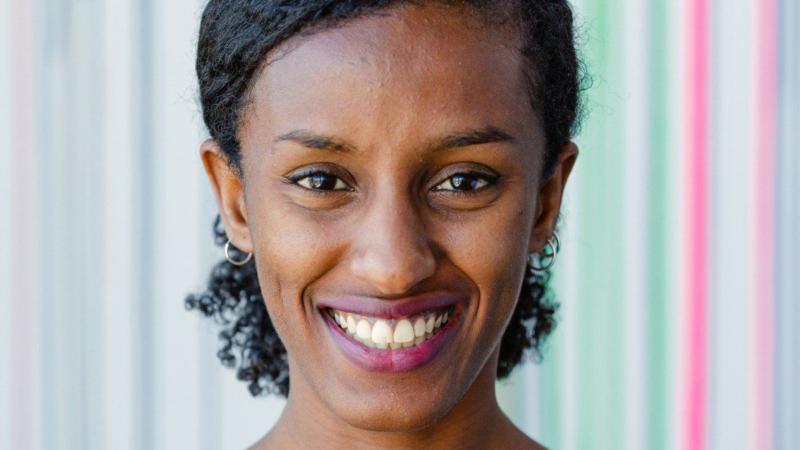Recent documentaries reveal how social media algorithms and other artificial intelligence (AI) programs often do not treat users of certain backgrounds equally. Computer scientist Rediet Abebe aims to fix that.
Born in Ethiopia, Abebe moved to America to attend Harvard University where she received her M.S. in applied mathematics and B.A. in mathematics. She completed her Ph.D in computer science at Cornell University.
During her studies she noticed how some vulnerable populations in wealthy nations do not have access to vital resources, according to Technology Review. She uses her skills in computational techniques to address the disconnect between people who write and deploy AI and those using it.
In a Forbes article written by Abebe, she highlights why diversity is the solution.
“Just as AI systems susceptible to bias are a problem, so too is inadequate focus on contributions that improve the lives of marginalized communities, such as Black and brown individuals, economically vulnerable populations and many other groups whose interests are underserved in society,” she wrote. “I see this gap in action every day. I was born and raised in Ethiopia…So I look out for AI research focused on helping the people of Ethiopia and the people of Africa more generally.”
Her work has been recognized with the 2020 SIGKDD Dissertation Award and an honorable mention for the 2020 SIGecom Dissertation Award for offering foundations of this emerging area.
According to Cornell University, her research has provided new mathematical and computational frameworks within the industry. Specifically, her research offers new designs and analyzes algorithmic, optimization, and network-based techniques to improve access to opportunity for historically under-served and disadvantaged communities.
In addition, Abebe has co-founded a multidisciplinary research initiative called Mechanism Design for Social Good (MD4SG). She also served on the NIH Advisory Committee to the Director (ACD) Working Group on AI.
Abebe actively works to increase the presence and inclusion of Black and African researchers in artificial intelligence through an organization she co-founded and co-organizes called Black in AI.


